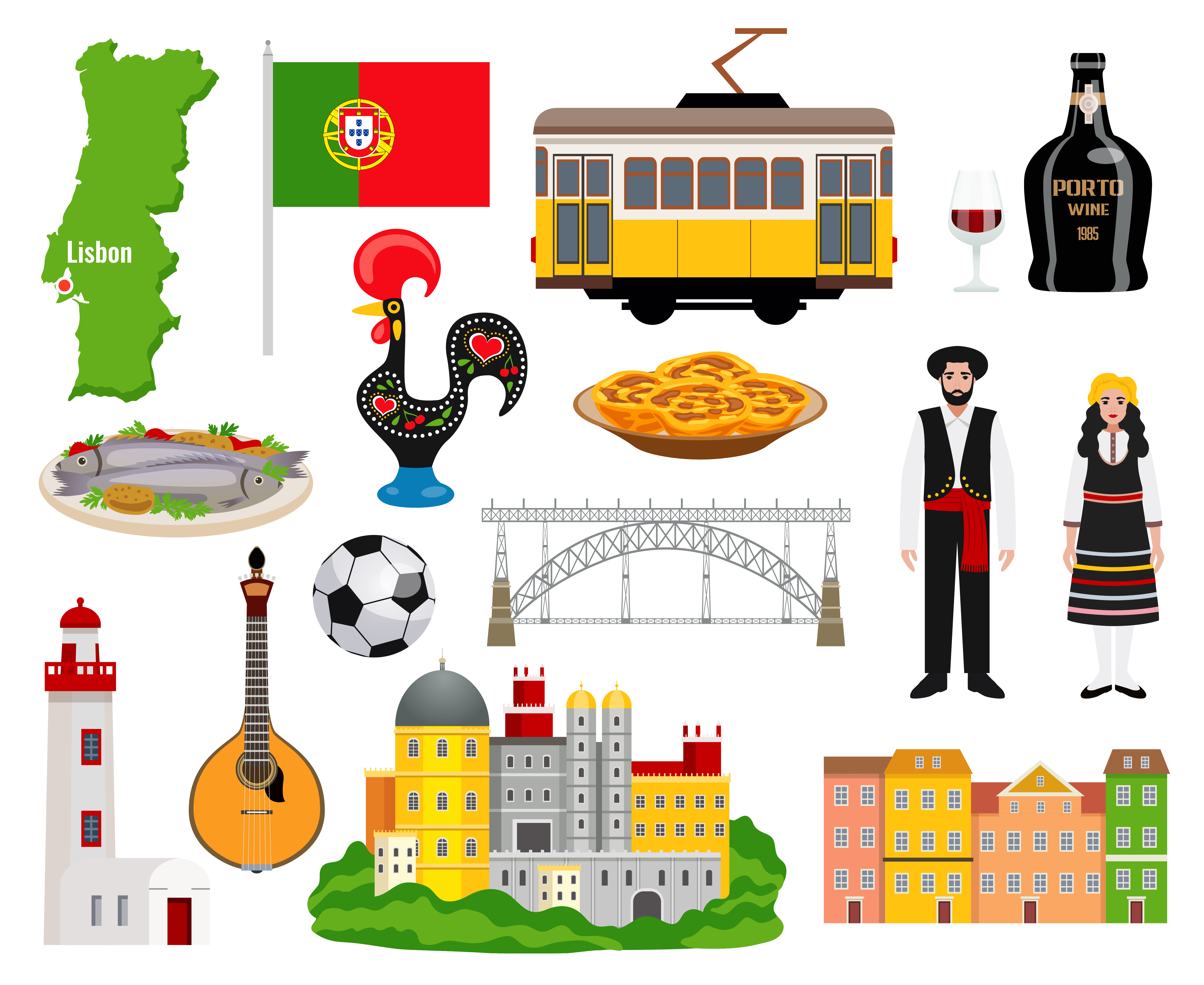Why Portuguese is the Best Language for Learning
In a world brimming with linguistic diversity, choosing a language for learning can seem like navigating a complex labyrinth. Among the myriad of tongues spoken across the globe, Portuguese emerges as a beacon for eager learners. This article delves into why Portuguese, the vibrant language spoken predominantly in Brazil, South America's largest country, stands out as the best language for learning.
Historical and Cultural Richness

The Portuguese language is a treasure trove of historical and cultural richness. Its roots extend deep into the past, influencing literature, music, and art on a global scale. The Lusophone world, comprising countries that speak Portuguese, offers a kaleidoscope of cultural experiences. Learning Portuguese opens doors to understanding diverse narratives, from Brazilian literature to African oral traditions, making it a profound language for learning.
Accessibility and Learning Resources
.jpg)
One of the compelling reasons Portuguese is an ideal language for learning is its accessibility. The internet is awash with Portuguese language classes and Portuguese language courses that cater to various levels of proficiency. For those comparing Spanish vs Portuguese language complexities, it's noteworthy that Portuguese Consonants shares many grammatical and phonetic similarities with its Romance siblings, yet many learners find its unique sounds and rhythms more engaging. Whether you're seeking Portuguese language classes near me or online, resources are abundant, making the journey to how to speak Portuguese language less daunting.
Economic and Professional Opportunities
Portuguese is not just a language for learning; it's a key to unlocking economic and professional opportunities. Brazil, the dominant Portuguese-speaking nation in South America, is a burgeoning economic powerhouse. Fluency in Portuguese can significantly enhance career prospects in fields like international trade, diplomacy, and tourism. The anecdotes of professionals thriving thanks to their Portuguese skills are both inspiring and testament to the language's global relevance.
Social and Travel Benefits

The social and travel benefits of learning Portuguese are immense. Portuguese-speaking countries are known for their warm hospitality, offering immersive experiences that extend beyond the typical tourist trails. Whether exploring the sandy beaches of Portugal or the Amazonian landscapes of Brazil, speaking the local language enriches travel experiences, fostering deeper connections with people and cultures.
Educational and Cognitive Advantages
Diving into the Portuguese language not only offers cultural and economic benefits but also enhances cognitive and educational growth. Learning Portuguese can serve as a gateway to understanding other Romance languages, given its similarities and differences, particularly in the context of is the Portuguese language similar to Spanish discussions. Moreover, bilingualism, including proficiency in Portuguese, is linked to improved memory, problem-solving skills, and creativity.
Future Trends

The future of Portuguese as a pivotal language for learning looks promising. With technological advancements in language learning apps, the best Portuguese language app can make mastering the language more accessible and engaging than ever. Additionally, Portuguese's role in international relations and cultural exchange is set to expand, underscoring its importance on the global stage.
Conclusion
Portuguese stands out as an exceptional language for learning, offering a unique blend of cultural richness, accessibility, and global relevance. Whether through traditional Portuguese language classes or innovative language apps, embarking on the journey to learn Portuguese promises a world of opportunities. As we navigate the linguistic landscapes of the 21st century, Portuguese beckons as a language not just to learn, but to experience, cherish, and live.
